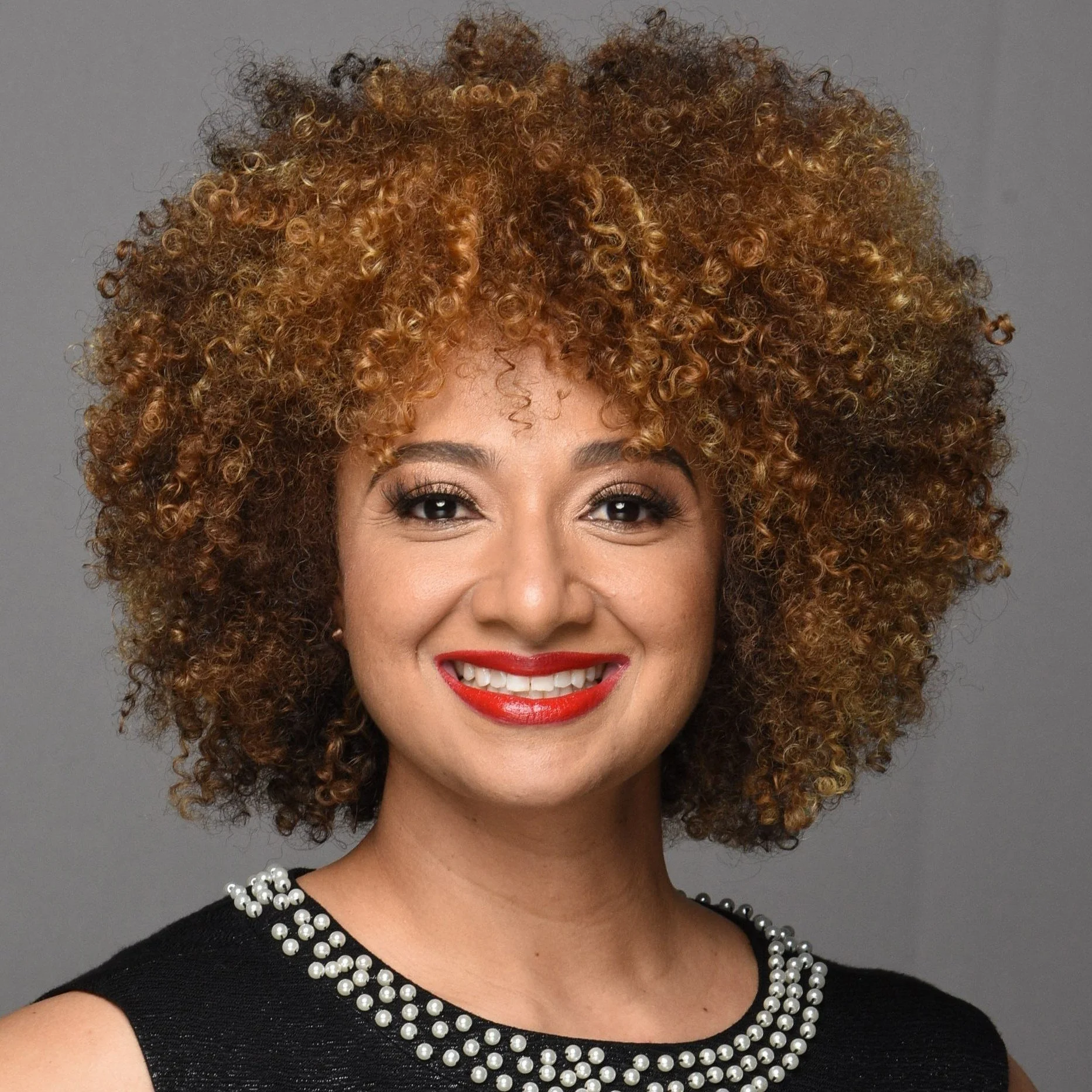Not Charity, But Change
02-01-2022
McCormick’s Center for Reparatory Justice, Transformation, and Remediation and its Solidarity Building Initiative share a commitment to support those who have been impacted by historical and systemic policies and structures that have kept them from flourishing.
Awaiting trial at Illinois’ Cook County Jail can take days, weeks and for some – like Lawrence Dupree – months. But while incarcerated at the Chicago-area correctional facility, Dupree earned a certificate in Theological Studies through McCormick’s Solidarity Building Initiative, SBI. Over the past three years, 66 individuals have taken courses offered by SBI and twelve have completed the two-course certificate program. Not only are they learning from McCormick professors, but also from formerly incarcerated educators and by listening to the stories of others and sharing their own.
“During that time, there was no dominant religion in my life,” says Dupree who’s been working in a company’s shipping department for the past year. “My most memorable moments in the program were hearing everyone’s views on not only religion, but their life in society. Everyone got their chance to speak about things from their perspective.”
SBI: Focused on incarcerated individuals
Since its creation in 2017, SBI has focused on mitigating the various material, social and political barriers that people who are incarcerated and their communities experience.
“Our four programs are seminary education in jail, re-entry support system, collaborative partnerships, and public education and advocacy,” says Jia Johnson, program director. “Providing education to people who are incarcerated and to the public is more than a charitable good. It’s a pathway…it’s access to resources that will ease the transition back into society and find livable work opportunities for people who were incarcerated.”
Over the past year, SBI has been expanding its reach, partnering with communities and churches to offer free online public education curricula that share evidence-based information on how programs like SBI impact the lives of people who are incarcerated and their communities. This summer, SBI launched a website, sbimccormick.org, that hosts self-directed learning programs; housing, employment, and legal re-entry information; links to collaborative partners; and a curated playlist of freedom songs among its resources.
“We’re highlighting the voices, experiences and challenges of incarcerated learners,” says Johnson, “and we’re providing resources that anyone can use to help bring change to a system of perpetual harm.”
CRJTR: Centered on reparatory justice
A conversation with Robina Wright-Alexander about reparations doesn’t start with money. It begins with remembering the nation’s past and moves through a process of repairing, restoring, reconciling and then remedying centuries of injustice. “We eradicate the colonizer virus from society,” says Wright-Alexander, “by embracing a new paradigm of connecting, relating, and belonging.”
The road to reparations was one of many insights Wright-Alexander, a second year master of divinity student, took away from this summer’s course, Redemption’s Call: Race, Reparations and the Church. Taught by Rev. Dr. Iva Carruthers, executive director of the Center for Reparatory Justice, Transformation and Remediation, CRJTR, the course was one of several goals the Center had set and met for its first year.
In July 2020, McCormick announced an historic partnership with the Samuel DeWitt Proctor Conference where Dr. Carruthers serves as general secretary. CRJTR, housed on McCormick’s campus, is creating public education and academic courses; providing leadership curricula for use in seminaries, churches, and other organizations; adding the voice of theology and ministry to public discourses on reparations; and offering models of remedy to address centuries of racial disparity, nationally and globally.
“We’ve been in conversation with the World Council of Churches, individual denominations as well as news organizations to provide context for the global need to right centuries of wrong,” says Dr. Carruthers. “We’re not working in a silo. We have to identify liaisons and create partnerships to move the promise and ideals of this nation forward.”
One of the Center’s primary aims is to help faith leaders and congregations understand the Church’s role in causing harm and the responsibility it has in repairing it.
“The Church was complicit, either directly or through its silence, in the ways indigenous and enslaved people were physically and mentally harmed…land and other assets taken away…and cultural memories loss,” she explains. “A lot of work in this field is often shared as restorative justice, but the reality is you can’t restore something that never was. The Center seeks to share a transformational model, beyond public policy to a vow that this can never happen again. The Church’s moral agency is critical to making that kind of change happen.”



